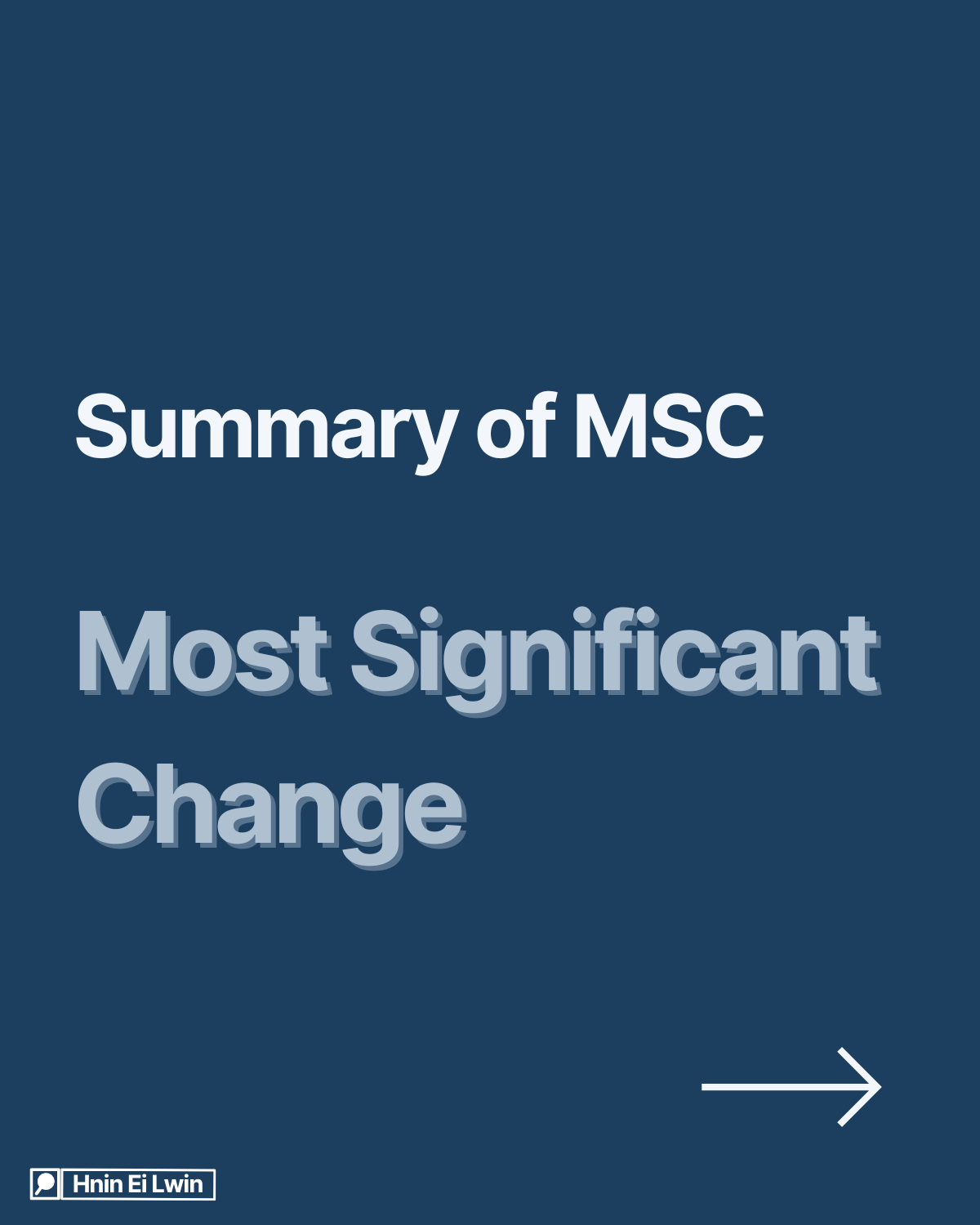Understanding the Differences: Research vs. Evaluation

RESEARCH VS. EVALUATION While research and evaluation can sometimes overlap, they serve distinct purposes. Let's delve into their key functions. RESEARCH investigates how something works and why things happen. It seeks to expand knowledge or generate new insights or theories about a particular subject. The knowledge can then be applied to broader contexts. EVALUATION determines the worth and significance of something, typically for specific stakeholders. Its primary focus is to assess the effectiveness and impact of programs, services, or initiatives. It provides informed decisions, such as feedback and recommendations for future planning, implementation, improvement, and sustainability. Evaluation and social science research, particularly community-based research, often use similar data collection and analysis strategies. They can also complement each other. Research can inform the design of an evaluation, and the findings from the evaluation can guide future research ...



